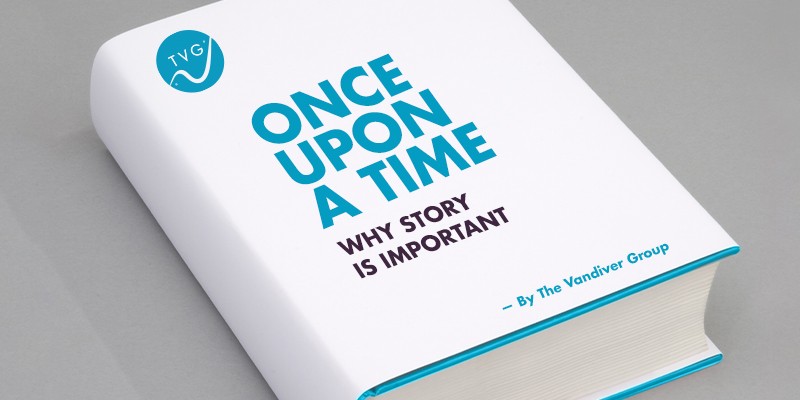Once upon a time in the 1860’s, German chemist Friedrich August Kekulé had been working on a seemingly unsolvable riddle: how six carbon and six hydrogen atoms could be arranged to form the chemical benzene. One day, according to his account, he had a dream in which he visualized the carbon and hydrogen atoms forming chains like a snake. “The atoms were gamboling before my eyes,” he once said in a speech. At some point, a snake bit its own tail, forming a ring. Kekulé woke immediately and realized that the atoms of benzene form a circle. A benzene ring. Mystery solved.
Like most of us, you probably don’t care a whole lot about the chemical structure of benzene. And if we showed you a description of the chemical structure, you probably wouldn’t remember it for long. But maybe you will remember that the structure of benzene is in the form of ring because the information came to you as a story.
We love stories. We’re wired to react and pay attention to stories. And remember them.
Storytelling is very old. Art on cave walls, hieroglyphs in ancient Egypt. Virtually every culture tells stories. We can even relate to stories created in cultures very different from our own. Stories are universal. Stories create an emotional connection. Help us remember. Hold our attention.
We are social creatures. We relate to stories and the characters in them. We make an emotional connection that can create empathy. We put ourselves inside the stories and become involved. Ghost stories can give you chills even if you don’t believe in ghosts.
There are lots of studies about how the brain chemistry reacts to stories and how stories activate and reward different parts of the brain, not just the language area.
Storytelling could also be visual. A single image, done correctly, could tell a story. Imagine a photo of a grandmother in a cap and gown at a graduation ceremony surrounded by her family. Nothing more needs to be said.
Stories help us remember. Our brain filters information that it finds valuable. When we’re flooded with information, our brains want to make sense of it all. A story is a way to break through that. We tend to remember things we have an emotional connection with. You will probably remember a story better than a list of facts and figures.
At TVG, we’re storytellers and believe in the power of a good story. We can help you create content that connects. Tell a better story than your competitors. Stories about people rather than just about products.
Let us tell your story. Now, that has a nice ring to it.
By TVG Staff, at The Vandiver Group in St. Louis, Missouri
Follow The Vandiver Group on Facebook, Twitter, LinkedIn and Instagram. Read our other blogs here.

